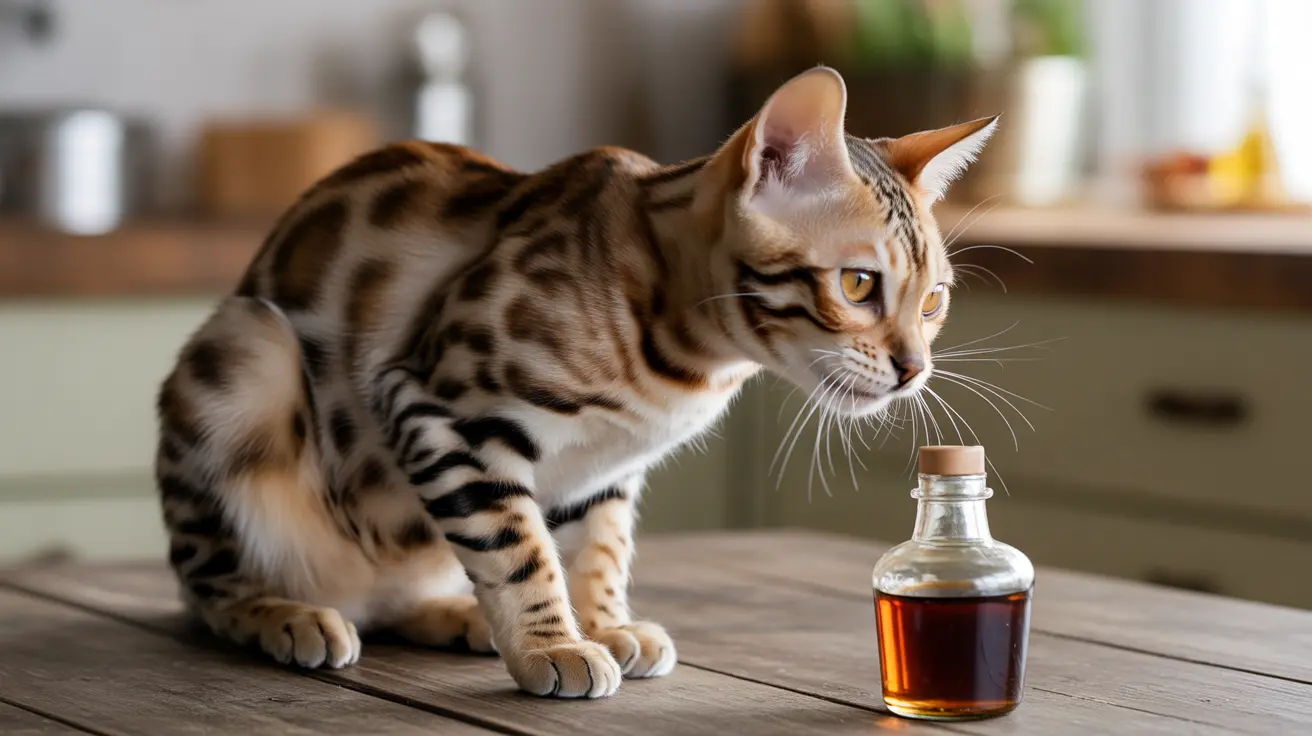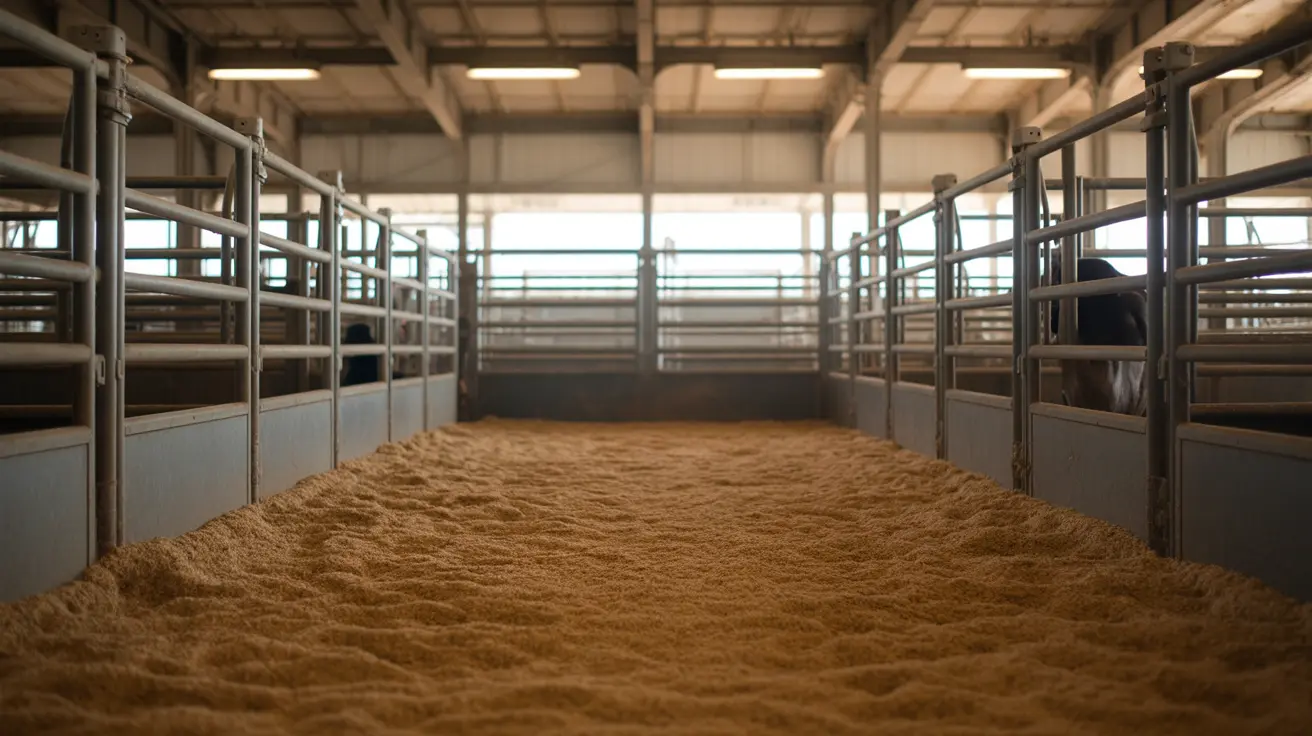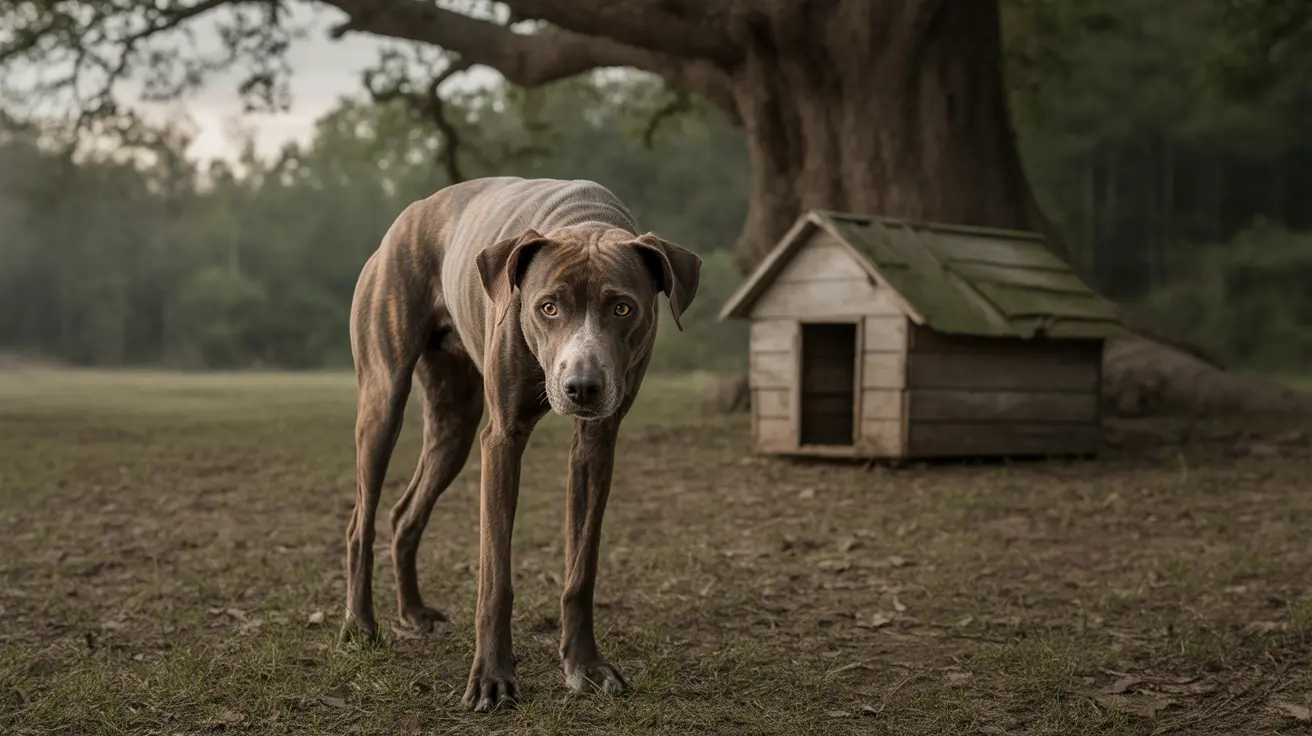Have you noticed your cat giving off a distinctly sweet, maple syrup-like aroma? While this might seem charming or quirky at first, it's important to understand that this unusual scent could be signaling underlying health issues that require attention.
In this comprehensive guide, we'll explore the various causes of maple syrup odors in cats, from serious medical conditions to benign environmental factors, and help you determine when veterinary care is necessary.
Common Medical Causes of Sweet-Smelling Cats
Diabetes and Diabetic Ketoacidosis
The most common medical reason for a maple syrup smell in cats is diabetes mellitus, particularly when it progresses to diabetic ketoacidosis (DKA). When a cat's body can't properly process glucose, it begins breaking down fat for energy, producing ketones that create a sweet, maple-like scent.
- Excessive thirst and urination
- Sudden weight loss
- Decreased appetite
- Lethargy or weakness
- Vomiting
Kidney Disease Complications
Chronic kidney disease can cause various changes in a cat's body odor. As the kidneys struggle to filter waste products, these compounds can accumulate in the bloodstream, sometimes creating a sweet or ammonia-like smell. This condition typically affects older cats and requires immediate veterinary attention.
Environmental and Benign Causes
External Sources of Sweet Smells
Sometimes, the maple syrup smell has a harmless explanation. Your cat might have:
- Rolled in something sweet-smelling
- Come into contact with scented cleaning products
- Been exposed to fragranced items in your home
Grooming and Diet Influences
Changes in diet or grooming habits can occasionally affect your cat's natural scent. However, a true maple syrup smell is rarely attributed to these factors alone and should be evaluated carefully.
When to Seek Veterinary Care
If you notice a maple syrup smell along with any of these symptoms, contact your veterinarian immediately:
- Changes in drinking or urination habits
- Unexplained weight loss
- Decreased energy levels
- Changes in appetite
- Unusual behavior patterns
Early intervention can prevent serious complications and improve treatment outcomes, especially in cases of diabetes or kidney disease.
Frequently Asked Questions
Why does my cat smell like maple syrup and could it be diabetes?
Yes, a maple syrup smell can be a sign of diabetes, particularly diabetic ketoacidosis. This occurs when the body produces excess ketones due to uncontrolled diabetes, creating a sweet odor. This condition requires immediate veterinary attention.
What other signs should I look for if my cat smells sweet like maple syrup?
Watch for increased thirst and urination, weight loss, changes in appetite, lethargy, vomiting, or unusual behavior. These symptoms, combined with a sweet smell, could indicate a serious medical condition.
Can kidney disease cause a maple syrup smell in my cat?
Yes, kidney disease can cause changes in body odor, including sweet or ammonia-like smells, due to the buildup of waste products in the bloodstream when kidneys aren't functioning properly.
Could my cat's sweet smell be due to an infection or environmental factors?
Yes, both are possible. Bacterial infections can sometimes produce sweet odors, while environmental causes might include contact with scented products or surfaces. However, medical causes should be ruled out first.
When should I take my cat to the vet if they start smelling like maple syrup?
Seek veterinary care immediately if the maple syrup smell is accompanied by any changes in behavior, appetite, thirst, urination, or energy levels. Even if your cat seems otherwise healthy, it's best to have unusual odors evaluated professionally.
Conclusion
While a maple syrup smell in cats can have various causes, it's essential to take this symptom seriously, particularly when accompanied by other changes in your cat's health or behavior. When in doubt, consult with your veterinarian to ensure your cat receives appropriate care and treatment if needed.






